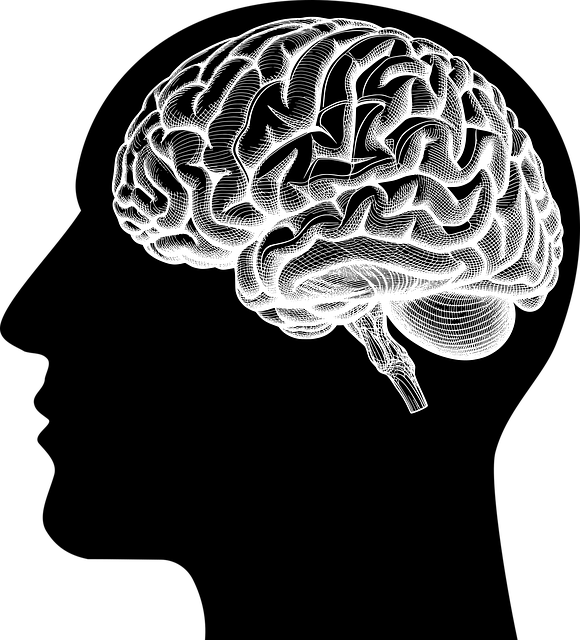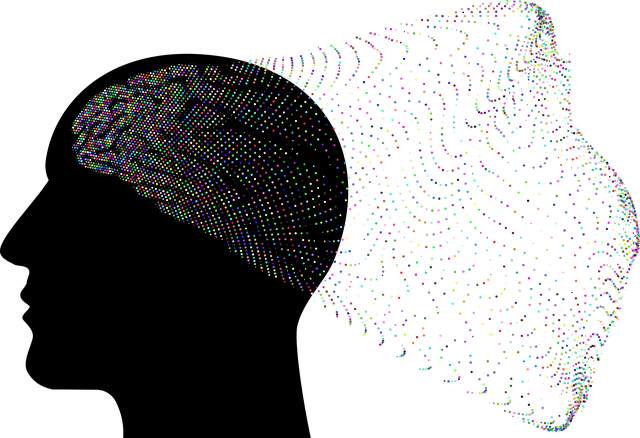Greenwood Village Geriatrics Therapy prioritizes crisis intervention strategies, effective communication, and provider burnout prevention to deliver high-quality care to elderly individuals. Their holistic program addresses cognitive decline, physical limitations, and emotional struggles through evidence-based practices like social skills training and trauma support services. By integrating proactive risk assessment, open communication channels, and tailored interventions, they manage crises effectively while promoting patient care and provider well-being. Post-crisis support includes mindfulness meditation, self-care practices, and stress management techniques to enhance resilience and long-term mental wellness for residents.
In the complex landscape of geriatric care, crisis intervention strategies are vital to ensure the well-being and swift recovery of older adults. This article explores effective guidance for navigating crises, focusing on the unique approach of the Greenwood Village Geriatrics Therapy. We delve into understanding geriatric crises, highlighting their distinct challenges. Subsequently, we present proven strategies for managing these situations, drawing from the successful Greenwood Village model. Additionally, post-crisis support techniques are discussed to foster recovery and resilience.
- Understanding Crisis Intervention in Geriatric Care
- The Greenwood Village Geriatrics Therapy Approach
- Strategies for Effective Crisis Management
- Post-Crisis Support and Recovery Techniques
Understanding Crisis Intervention in Geriatric Care

In the realm of geriatric care, crisis intervention strategies are essential tools to navigate the complex needs of elderly individuals facing acute situations. Greenwood Village Geriatrics Therapy recognizes that understanding and responding to crises effectively can significantly impact the overall well-being and quality of life for senior citizens. When a patient experiences a crisis, whether it’s related to health deterioration, cognitive impairments, or emotional distress, immediate and appropriate intervention is crucial.
The role of healthcare providers in geriatric settings goes beyond routine care; they must be adept at employing communication strategies that foster trust and understanding. By implementing effective communication techniques, caregivers can ensure patients feel heard and respected during challenging times. Additionally, burnout prevention strategies for healthcare providers are vital to maintain a compassionate and competent care environment. This includes promoting self-care practices, fostering support systems among colleagues, and incorporating evidence-based interventions to mitigate the risks of burnout, enabling providers to offer consistent and high-quality care in even the most demanding situations.
The Greenwood Village Geriatrics Therapy Approach

The Greenwood Village Geriatrics Therapy Approach is a holistic and individualized program designed to support older adults facing various challenges, including cognitive decline, physical limitations, and emotional struggles. This approach emphasizes the importance of creating a nurturing environment that fosters mental wellness and enhances overall quality of life. The therapy focuses on empowering individuals through personalized care plans that integrate evidence-based practices, such as social skills training, mental wellness coaching programs development, and trauma support services.
By combining traditional therapeutic techniques with innovative strategies, the Greenwood Village Geriatrics Therapy Approach aims to not only address immediate concerns but also promote long-term resilience. The program encourages participation in meaningful activities, fosters strong interpersonal connections, and supports independence in daily living. Through this comprehensive approach, residents gain tools to navigate life’s challenges, maintain a sense of purpose, and experience improved emotional well-being.
Strategies for Effective Crisis Management

In the realm of crisis intervention, particularly within Greenwood Village Geriatrics Therapy, effective management demands a multifaceted approach. Strategies such as proactive risk assessment for mental health professionals and community outreach program implementation play a pivotal role in identifying potential crises early on. This proactive stance allows for timely interventions, averting escalating situations that could lead to burnout prevention strategies for healthcare providers.
By integrating these tactics, healthcare providers can create robust support systems tailored to the unique needs of geriatric patients. This includes fostering open communication channels and tailoring interventions to address specific risks. Such approaches not only enhance crisis management but also contribute to a holistic improvement in patient care and provider well-being at Greenwood Village Geriatrics Therapy.
Post-Crisis Support and Recovery Techniques

Post-crisis support is a vital component of effective crisis intervention strategies. Following a traumatic event, individuals often require specialized care to navigate the path to recovery. Greenwood Village Geriatrics Therapy emphasizes the importance of tailored support plans, addressing the unique needs of each patient. Therapists utilize evidence-based techniques such as mindfulness meditation and self-care practices to help clients process their experiences and develop coping mechanisms.
The recovery process can be enhanced through integrated stress management strategies. By incorporating regular practice of mindfulness meditation, individuals can improve their ability to regulate emotions and reduce the impact of adverse events. Self-care practices, including adequate sleep, nutrition, and physical activity, play a crucial role in promoting mental and emotional well-being. Greenwood Village Geriatrics Therapy guides patients through these practices, fostering resilience and supporting long-term recovery.
In conclusion, crisis intervention in geriatric care is a multifaceted field that requires a deep understanding of both the patient’s immediate needs and long-term well-being. The Greenwood Village Geriatrics Therapy Approach offers a comprehensive framework for addressing these challenges, focusing on holistic support tailored to each individual’s unique situation. By leveraging strategies outlined in this article—from effective crisis management to post-crisis recovery techniques—caregivers can effectively navigate geriatric crises and promote healing and resilience. The innovative methods discussed, including those from the Greenwood Village Geriatrics Therapy, underscore the importance of proactive and compassionate care for elderly individuals facing crises.














